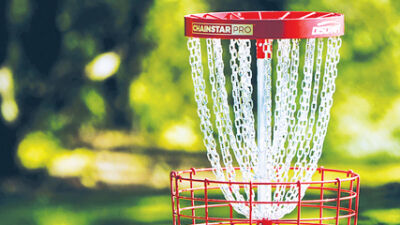MACOMB COUNTY — Macomb Community College automotive faculty members recently provided the following tips for drivers to help them prepare for winter weather.
• Ensure your tires have adequate tread depth, and consider switching to winter tires for better traction on snow and ice. Many tire companies recommend putting your best tires on the rear of the vehicle to prevent oversteering on snow or ice.
• Test your battery. Cold weather can strain a car battery, so make sure it’s in good condition and fully charged. Batteries are typically good for five years. Batteries are under higher loads in the winter because of higher starter draw and thicker engine oil. Ensure your engine oil has the correct winter viscosity.
• Install winter wiper blades to prevent snow and ice buildup, ensuring clear visibility. Never turn on windshield wipers if there is snow or ice buildup on the windshield, which can lead to costly repairs of bent or broken wiper arms, blades or even wiper transmission failure. Pull the wiper arms away from the windshield (if applicable) when snow or ice is expected.
• Make sure your oil, coolant and windshield washer fluids are at appropriate levels. Coolant should be tested to ensure it can withstand temperatures as low as -30 degrees Fahrenheit. The most common change interval is typically between 100,000 to 150,000 miles. Always use the owner manual specified coolant. Washer fluid can freeze if it has been diluted or is of poor quality, leading to expensive replacement of washer pumps and lines.
• Ensure all lights are working properly. Older vehicles may develop a glaze on headlamps over time. There are inexpensive renewal kits to help restore headlight luminosity.
• Prepare an emergency kit that includes a flashlight, blankets, nonperishable snacks, an ice scraper and jumper cables.
• Lubricate door locks and weather stripping to prevent doors from freezing shut. Never wash your car when temperatures are below freezing unless you can completely dry weather strips and seals.
• Ensure your brakes are in good condition because stopping distances increase on icy roads.
• Protect your car’s exterior: Apply a wax or sealant to protect against road salt and moisture. Rinse the undercarriage of your vehicle after driving on roads that have been salted. Salt can rust metal very quickly.
• A full tank can prevent the gas line from freezing, provide extra weight for better traction and add to your engine run time if you get stuck in a remote area.
 Publication select ▼
Publication select ▼



















